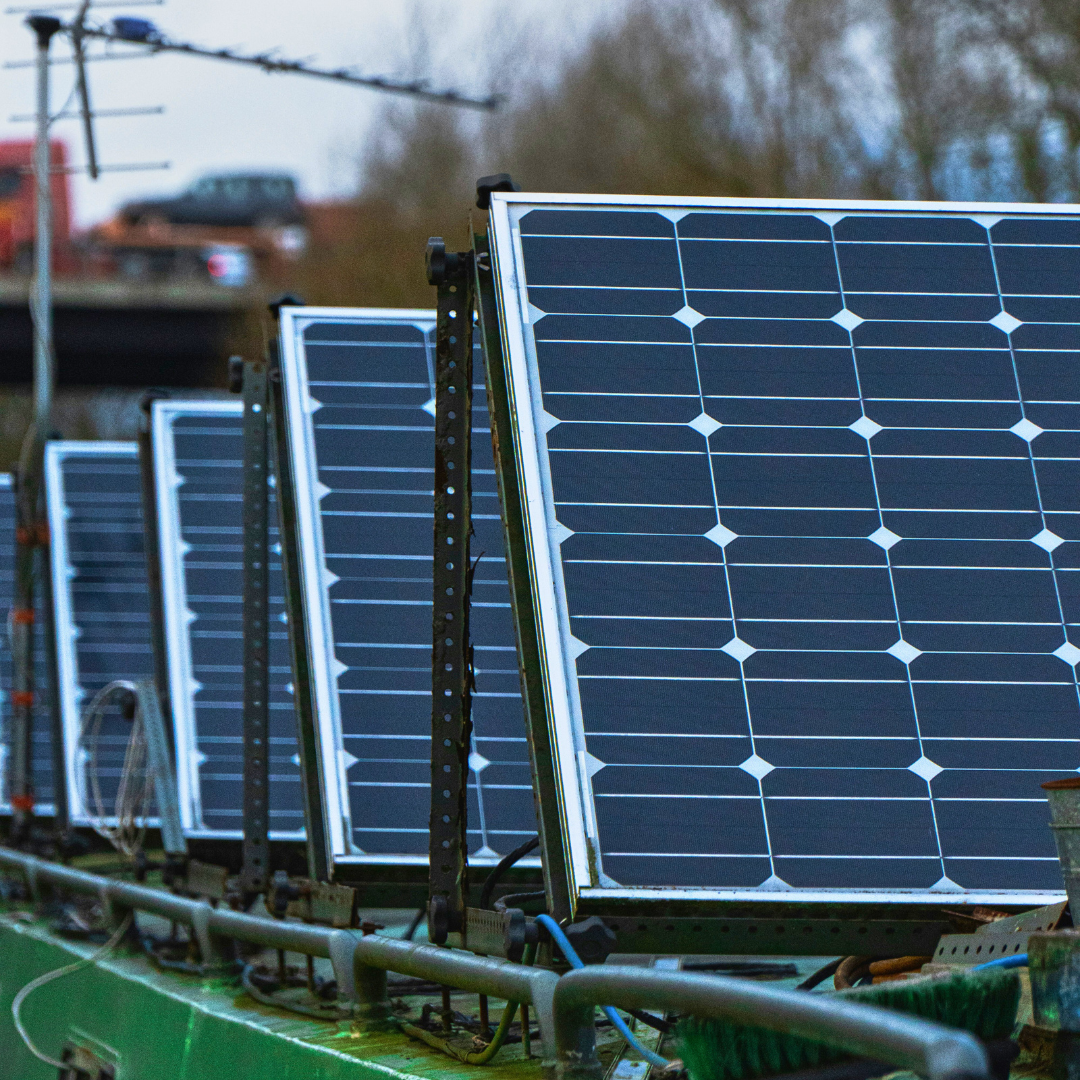
Power outages can occur unexpectedly due to storms, accidents, or grid failures, and they can last for a few minutes to several days. Being prepared can help minimize inconvenience and keep you safe during these periods. Here’s how to prepare effectively for a power outage, whether it's planned or unplanned.
Build an Emergency Kit
An emergency kit is essential for coping with power outages, especially if they last for extended periods. Here are the key items to include:
Flashlights and Batteries: Keep several reliable flashlights on hand along with spare batteries. Avoid using candles as they can pose a fire hazard.
Portable Power Banks: Keep portable chargers or power banks fully charged to ensure you can charge your phone and other small devices if needed.
Non-Perishable Food and Water: Stock up on canned goods, dried food, and bottled water. Aim for at least a three-day supply of food and one gallon of water per person per day.
First Aid Kit: Have a basic first aid kit with bandages, antiseptic wipes, and necessary medications.
Manual Can Opener: If your emergency food supply includes canned items, ensure you have a manual can opener.
Stay Informed
Power outages often coincide with severe weather conditions or other emergencies. Having access to reliable information can help you stay safe and make informed decisions.
Battery-Powered or Hand-Crank Radio: A battery-operated or hand-crank radio is vital for staying updated on emergency alerts and weather forecasts when electronic devices are down.
Sign Up for Alerts: Register for local emergency alerts or weather notifications on your mobile phone so you can be informed ahead of time about any potential power cuts.
Prepare Your Home
Preparing your home for a power outage can help prevent damage and ensure safety.
Surge Protectors: Use surge protectors to safeguard your electronics from power surges that may occur when the power is restored.
Backup Generator: If you live in an area prone to frequent or extended outages, consider investing in a backup generator. Ensure it is properly installed and maintained. Always run generators outdoors in well-ventilated areas to avoid carbon monoxide poisoning.
Insulate Your Home: In the winter, an insulated home will retain heat longer if the power goes out. During summer, blinds and curtains can help keep the house cool.
Unplug Appliances: During a power outage, unplug major appliances to prevent damage when power is restored. Items like refrigerators, ovens, and computers can suffer from surges.
Create a Communication Plan
During extended outages, it’s crucial to stay in contact with family members, neighbours, and emergency services. Here’s how to stay connected:
Identify Meeting Points: If the outage affects communication channels like mobile phones, set up meeting points or designated areas to regroup with family members if separated.
Emergency Contacts: Keep a list of emergency phone numbers, including local authorities, utility companies, and family members. Program these into your phone but also keep a hard copy in case your phone dies.
Prepare for Medical Needs
If you or someone in your household relies on medical equipment that requires electricity, you need to take extra precautions:
Backup Power for Medical Devices: Ensure that critical medical devices like oxygen concentrators have backup batteries or an alternative power source.
Inform Your Utility Provider: Register with your electricity supplier as a medically vulnerable customer if you rely on powered medical equipment. This can sometimes lead to prioritization during outage restoration.
Food and Water Safety
Food and water safety are major concerns during a power outage, especially if the outage is prolonged.
Keep Fridges and Freezers Closed: A refrigerator can keep food cold for about 4 hours if left unopened, while a full freezer will maintain its temperature for about 48 hours. Avoid opening them unless necessary.
Use Coolers with Ice: If the outage is expected to last longer, move perishable food into coolers filled with ice to extend their shelf life.
Check Food After Power Restoration: Discard any food with an unusual smell, colour or texture after the power is restored. If in doubt, throw it out to avoid foodborne illness.
Preparing for a power outage can make all the difference in ensuring your safety, comfort, and peace of mind. By assembling an emergency kit, staying informed, safeguarding your home, and having a communication plan, you can handle power outages with less stress. With the right preparations, you’ll be ready to weather any outage, whether it's a brief disruption or a more prolonged event.
If you’ve experienced a power outage in the Greater London area, then give Mullins a call – we have experts on hand to give you the best advice and to arrange a visit to see if we can get you back ‘online’ safely and quickly – call us today!
Contact Mullins Electrical Services by calling us on 07793 010 162, emailing us on info@mullinselectricalservices.uk, or even just send us a DM on our social platforms.

For questions about our services, or a no-obligation quote, get in touch using whichever contact method suits you best.
07793010162 View Contact InfoThank you for taking the time to look into our company. Here are a few other pages you might be interesed in, and remember, if you have any questions for us you can contact us anytime.
Call 07793010162
Don't just take our word for it, why not read some of the feedback we have received from our customers over on our reviews page.

Would you like to see the quality of our work for yourself? Our portfolio showcases some of the types of work we undertake.

If you need to speak with a memeber of our team, please visit our contact page and find the contact method that suits you best.
Designed by New World Digital -